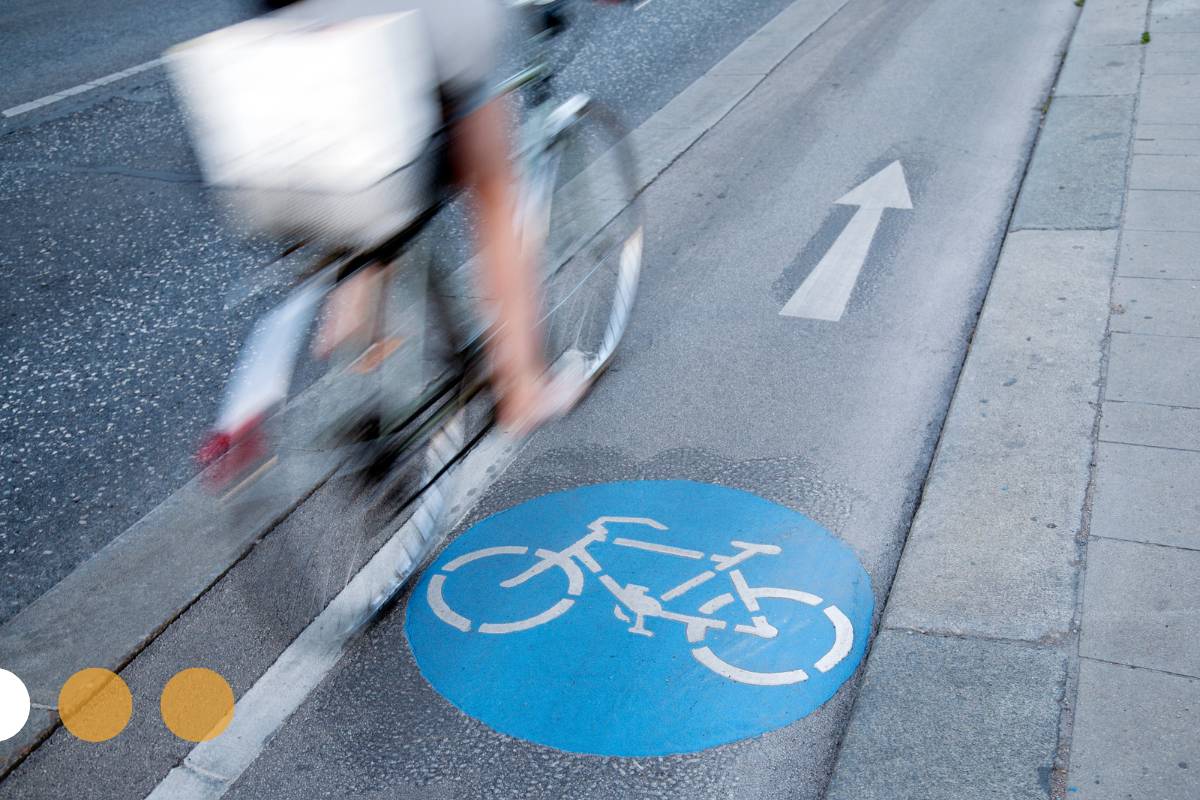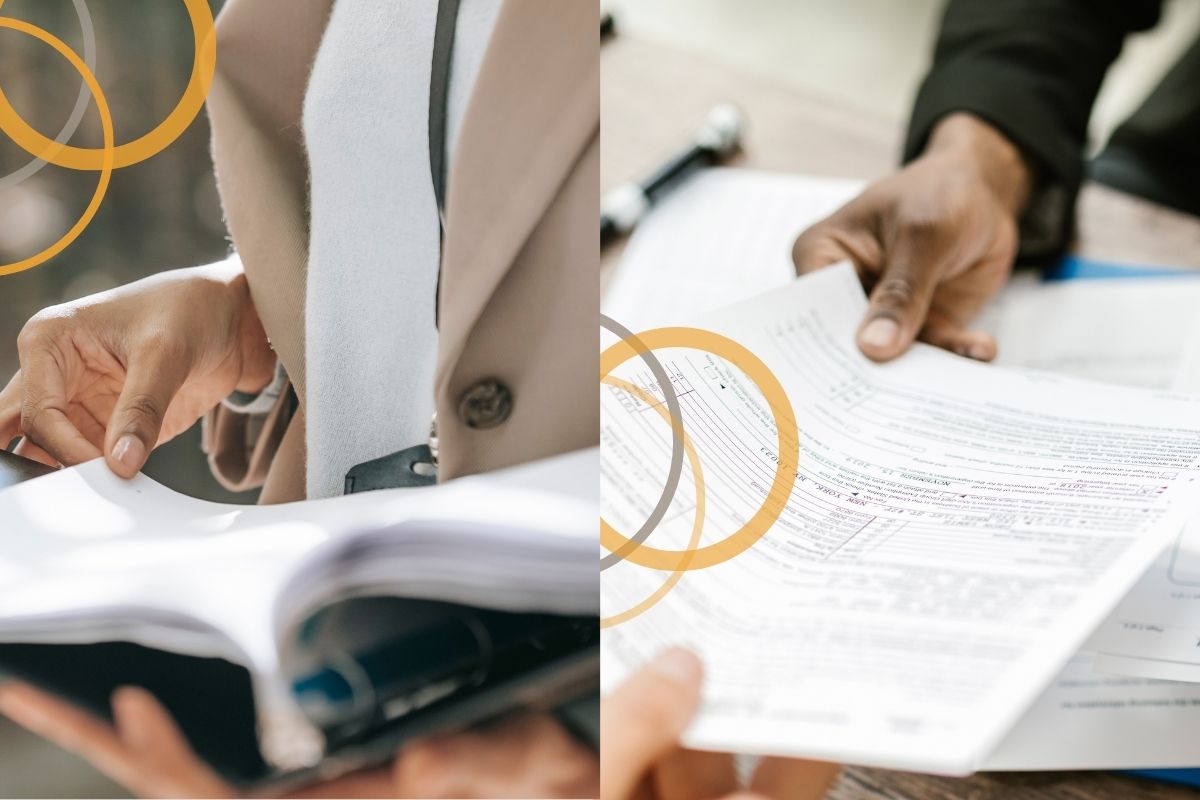Each country has its own unique quirks that seem weird to other countries. Culture shock is always a part of relocation to a new country, whether you like it or not. To make the process smoother, it’s better to be prepared for the surprising things awaiting you.
1. Are you used to analog mail?
When was the last time you checked your physical mailbox (not the one on your laptop)? Official communication, bills, appointment reservations, and so on have all been digitized in several countries around the world. But not in Austria!
Prepare yourself to receive letters from numerous authorities, as well as electricity bills, when relocating to Austria. For many, it might appear odd and inefficient. However, we in Austria simply accept it. Analog communication has always been the norm and will probably remain like that for some services.
Does this mean Austria is conservative and old-fashioned? Well, let’s leave this question unanswered. Many services are being gradually digitized, the pandemic has definitely forced Austria (as well as all countries around the globe) to develop new ways of communication, thus Austrian authorities have switched to digital for the time of strict lockdown. And partially went analog again. We promise — you will get used to that.
2. Austrian tap water: To drink or not to drink
Drinking tap water is a no-no for many countries. Austria has crystal clear Alpine water that comes from two springs in different regions: Styria and Lower Austria. Just for that reason, Austria is worth relocating to! A story behind that: Kaiser Franz Josef went to one of the regions and got a glass of water for his dinner. The water tasted so good that he immediately wanted to have it in his palace. This way, the first water pipes to Vienna were constructed, so that the Kaiser could enjoy tasty water every day.
3. Closed doors on Sundays
Work-life balance is important in a country like Austria, as nearly everything is closed on Sundays. If you want to stock up on groceries for the entire week, it’s best if you do it on Friday and plan ahead of time. Supermarkets and shops close at 6 p.m. on Saturdays, while pharmacies and post offices close even earlier, at 12 p.m. Except in hospitals, doctors usually do not work on Sundays either. Of course, emergency doctors (one for each specialization) and pharmacies (one per district) are always available.
On the one hand, this means you cannot get many services during the weekend, and working from 9 to 5 does not really match this schedule. On the other hand, no one expects you to work on weekends either, and employers must allow you to go to the doctor during working hours, for example.
There is even a special word in German – Ruhetag, which is literally translated as “quiet day” and matches Sunday perfectly.
The same applies to public holidays: Many of them are Catholic, and everyone gets a day off, no matter what religion they are. And, you probably guessed it, shops and supermarkets are closed as well!
So, the punctuality German-speaking countries are known for is clearly reflected in these opening hours. Your time-management skills will definitely get better as you move to Austria. Moreover, one gets used to that and plans weekends accordingly.
4. Austrian banks: What to consider
In some countries, there are relatively quick and intuitive banking apps that allow you to transfer money in a few seconds, sometimes knowing only the phone number of the receiver. This is still not so common in Austria, and bank transfers might take up to 2-3 days, especially if you try to make a transfer on a weekend. This reminds us of the point made above: time management.
For instance, in the USA, checks are still used, which might be as surprising for an Austrian as the amount of time needed in Austria for someone from post-Soviet countries. All countries are different and have their own pros and cons when it comes to finances.
5. Hidden taxes: Some examples in Austria
Apart from the usual income taxes and VAT, each country has its own taxes that you may not be aware of. Here are some surprising ones from Austria:
GIS - Gebühren Info Service
Remember to pay your GIS! It is an official broadcasting fee for Austrian federal radio and TV broadcast stations. The tax is relatively high for the fact that you are simply enjoying your late-night shows or watching the news in the morning. Even if you do not turn it on, you still have to pay GIS (2022: €28,25) because just having a TV obliges you to pay the fee. (GIS-workers might get quite annoying and attempt to enter your home and check if you have a TV, but you must not let them in!)
Church fee
Every Catholic citizen and expat living in Austria is required to pay a fee to the church. The fee is based on your income (1,1% of it) and is calculated for each person separately. When doing your address registration through Meldezettel, there is a field for religion, and crossing “catholic” means that you will get a letter from the church, of course, an analogue one, stating how much you have to pay.
Dog taxes
Want to bring your furry/four-legged friends with you? Getting a dog in Austria comes with some hidden charges. Apart from travel and vaccination costs, an annual fixed fee applies to each dog owner. In Vienna, it is around 75€. You are obliged to register your dog and pay the fee, though finding that out it is only your responsibility!
We hope you could get an insight into Austrian specifics and culture. Being aware of cultural differences always helps you settle in a new place and avoid misunderstandings.
To sum up:
- Check your physical mailbox regularly
- Feel free to drink tap water
- Mind hidden taxes
We wish you a smooth start in Austria!




